Hypertension, commonly known as high blood pressure, is a serious medical condition that affects millions of people worldwide. Often referred to as the “silent killer,” it can go unnoticed for years while quietly damaging the heart, arteries, kidneys, and other organs. Understanding hypertension—its causes, symptoms, and how to prevent it—is crucial for long-term health.
What Is Hypertension?
Blood pressure is the force of blood pushing against the walls of your arteries as your heart pumps. Hypertension occurs when this pressure remains consistently too high. It’s typically diagnosed when blood pressure readings consistently exceed 130/80 mmHg.
There are two main types:
Primary (Essential) Hypertension: Develops gradually over time with no identifiable cause.
Secondary Hypertension: Caused by an underlying condition like kidney disease, hormonal disorders, or certain medications.
Common Causes of Hypertension
- Unhealthy Diet: High salt intake, low potassium, and excessive saturated fats increase the risk.
- Lack of Physical Activity: Sedentary lifestyle contributes to weight gain and poor heart health.
- Obesity: Excess weight strains the heart and blood vessels.
- Chronic Stress: Prolonged stress can lead to temporary spikes in blood pressure.
- Genetics: Family history plays a role.
- Smoking and Alcohol: These habits damage blood vessels and increase blood pressure.
Symptoms of Hypertension
Hypertension is often asymptomatic, but in severe or long-term cases, symptoms may include:
Frequent headaches
Shortness of breath
Nosebleeds
Dizziness
Chest pain
Vision problems
These symptoms typically occur when blood pressure reaches dangerously high levels.
Health Risks of Untreated Hypertension
If left untreated, high blood pressure can lead to:
Heart attack
Stroke
Kidney damage
Vision loss
Heart failure
Cognitive decline
How to Prevent Hypertension
Preventing high blood pressure involves making healthy lifestyle choices:
Eat a balanced diet: Focus on fruits, vegetables, whole grains, and lean proteins.
Reduce salt intake: Aim for less than 2,300 mg per day.
Exercise regularly: At least 30 minutes most days of the week.
Maintain a healthy weight: Even a small amount of weight loss can reduce blood pressure.
Limit alcohol and quit smoking: Both habits raise blood pressure and damage the cardiovascular system.
Manage stress: Use mindfulness, deep breathing, or hobbies to reduce daily stress.
Monitor your blood pressure: Regular checks can help detect and manage hypertension early.
Conclusion
Hypertension is a manageable condition with serious consequences if ignored. By understanding its causes and taking preventive steps, you can protect your heart, kidneys, and overall well-being. Living a heart-healthy lifestyle is the best defense against high blood pressure.
Take a Breather with Flutter Bees Game
Managing stress is one key to keeping blood pressure in check—and Flutter Bees can help with that! It’s a relaxing clicker and bee hive defense game that helps calm your mind while keeping you engaged. Tap to earn points, complete fun game tasks, and unwind from the pressures of the day. Play now and make stress relief fun and rewarding:
Flutter Bees

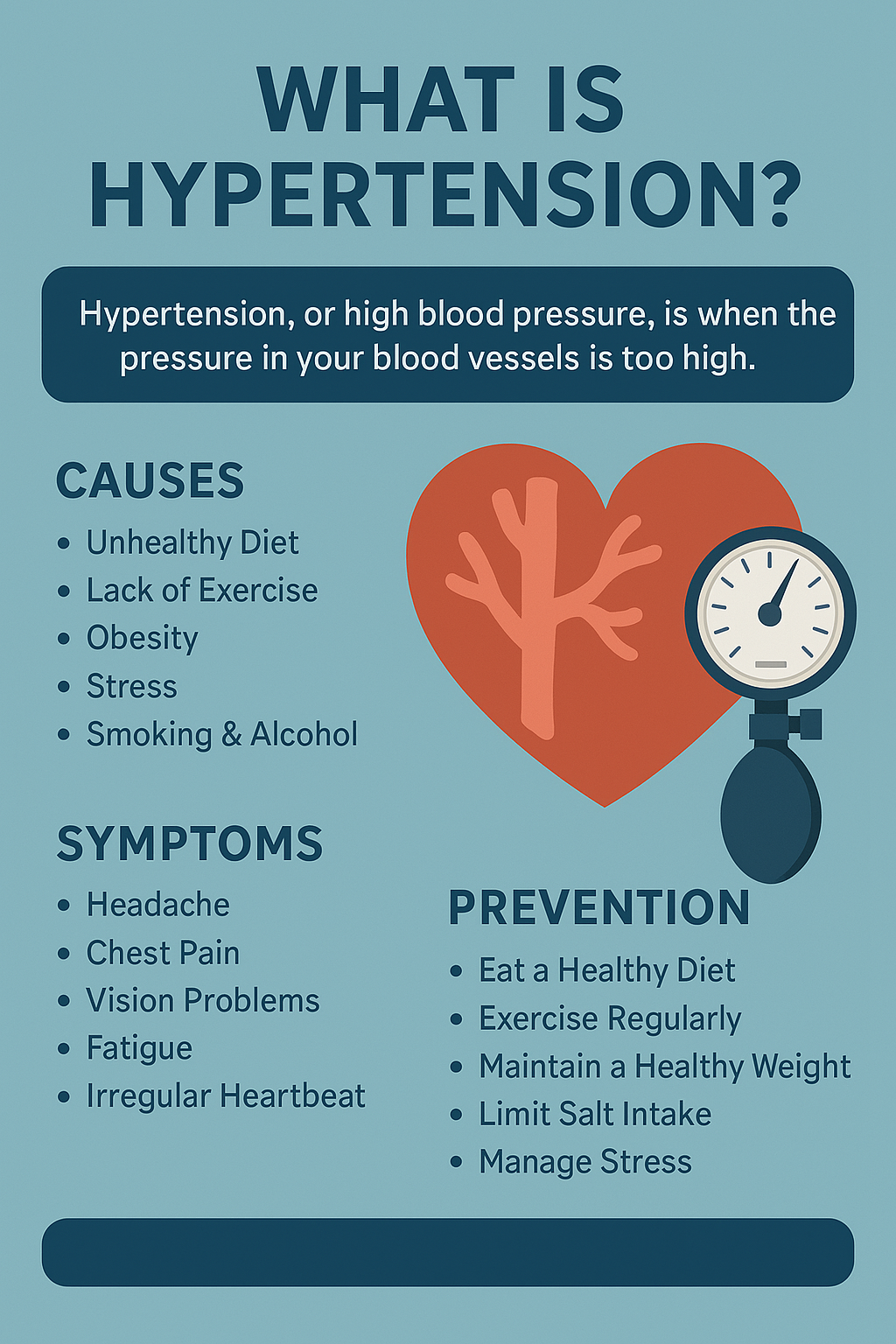
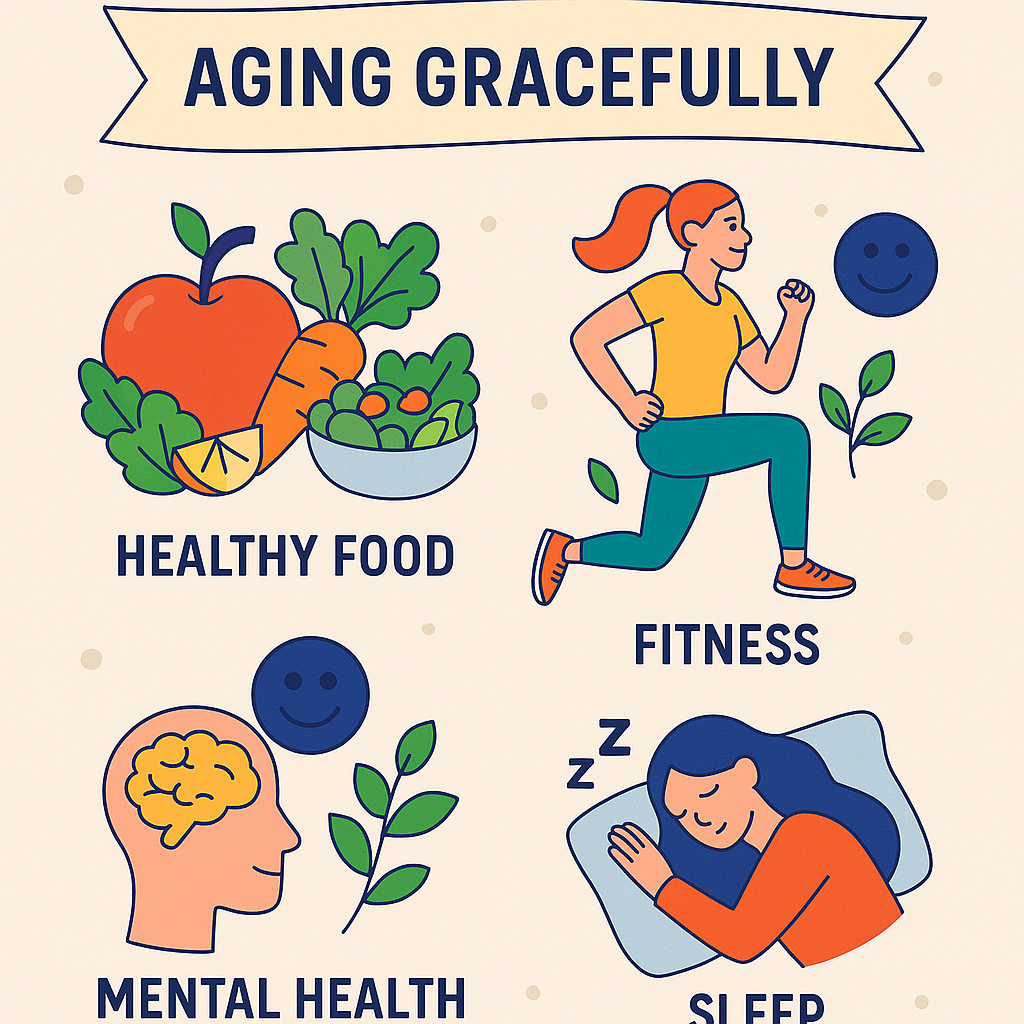

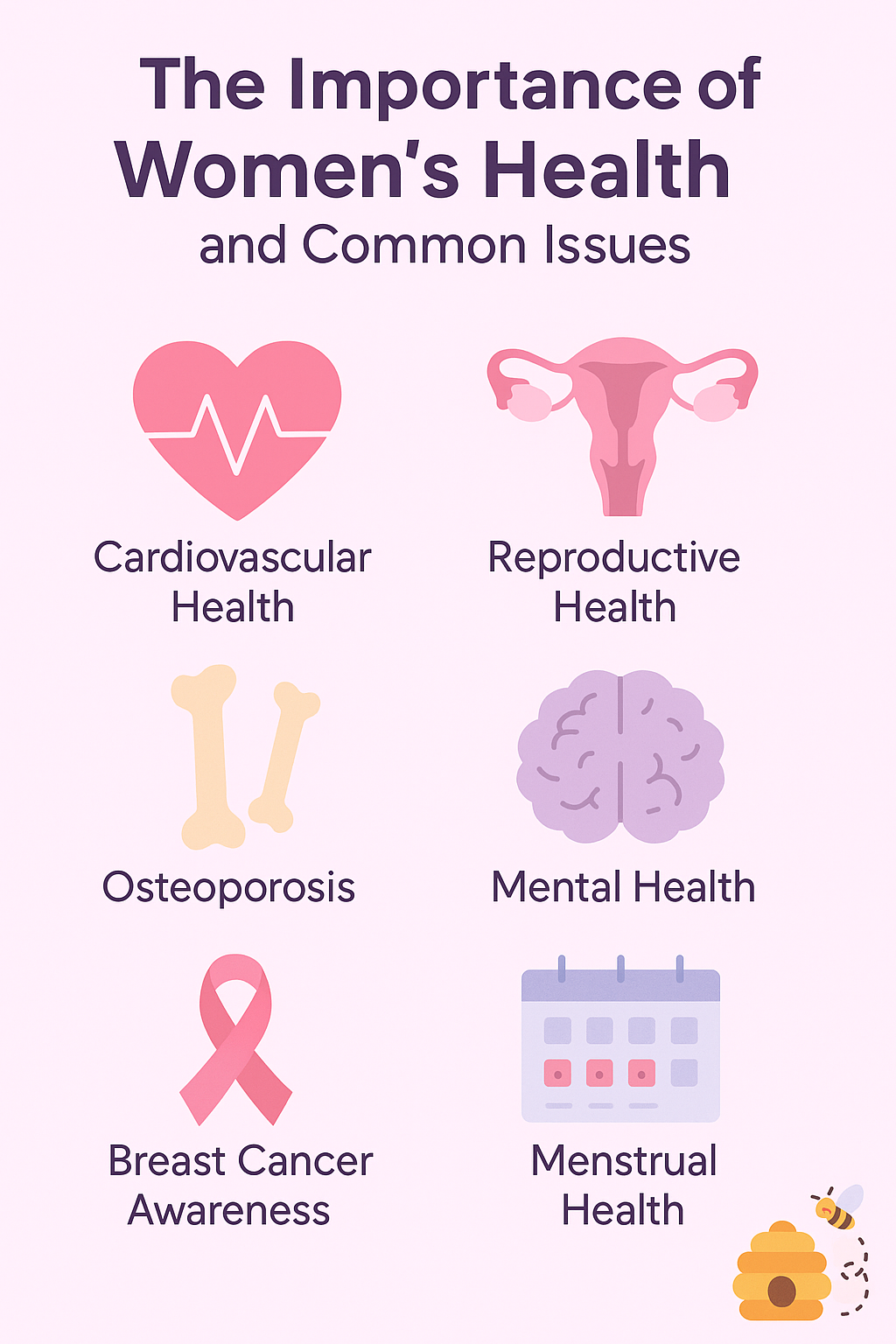
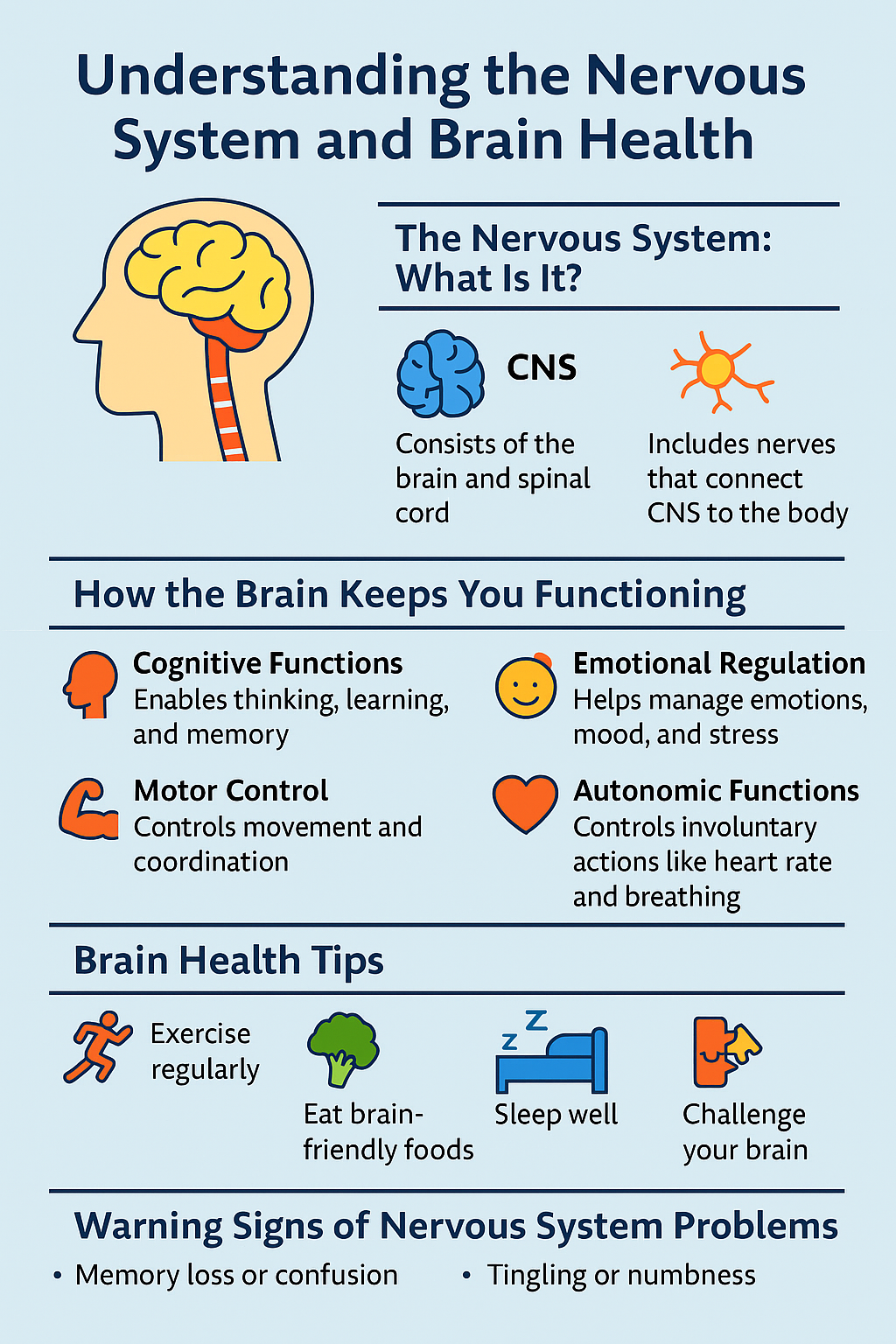
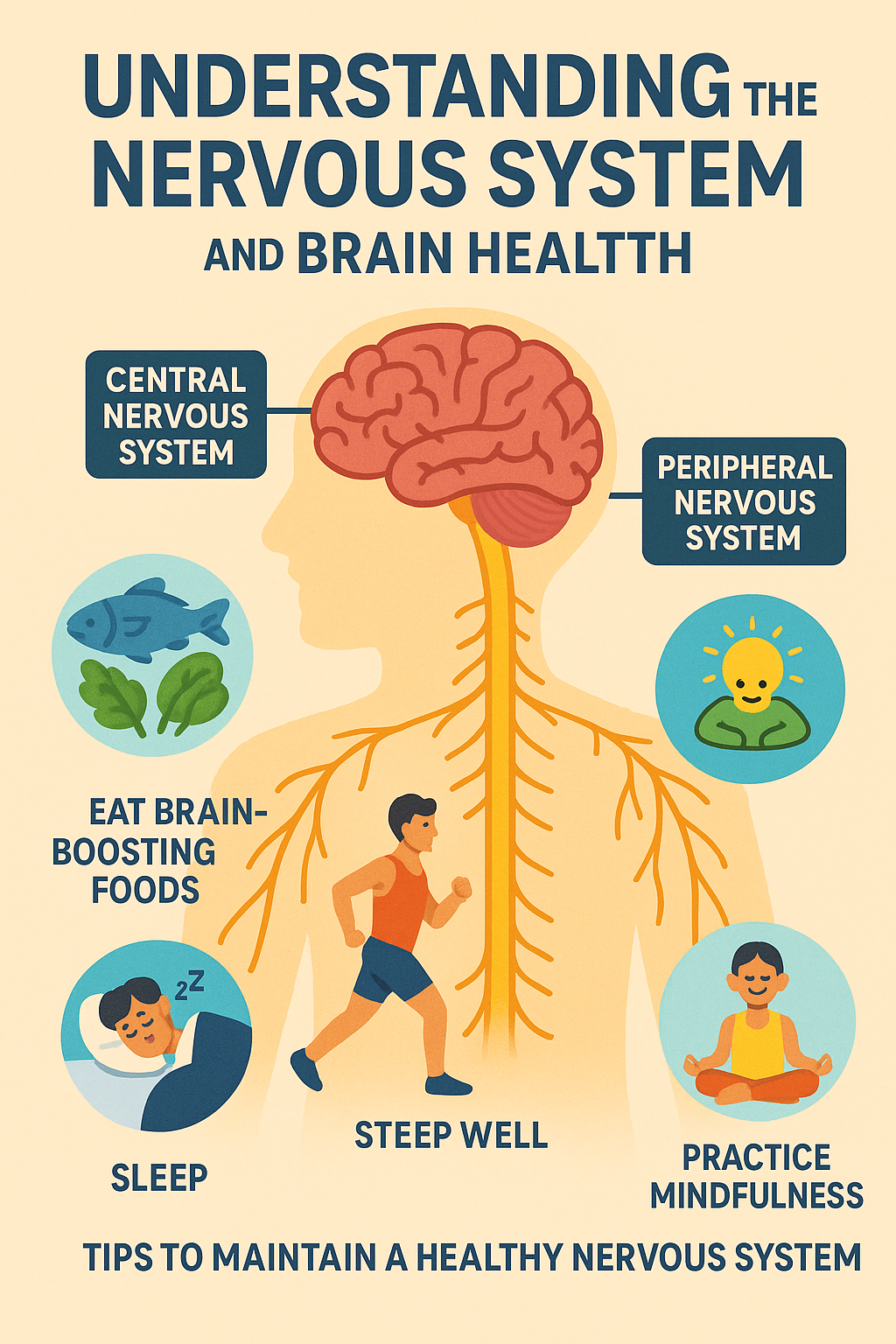
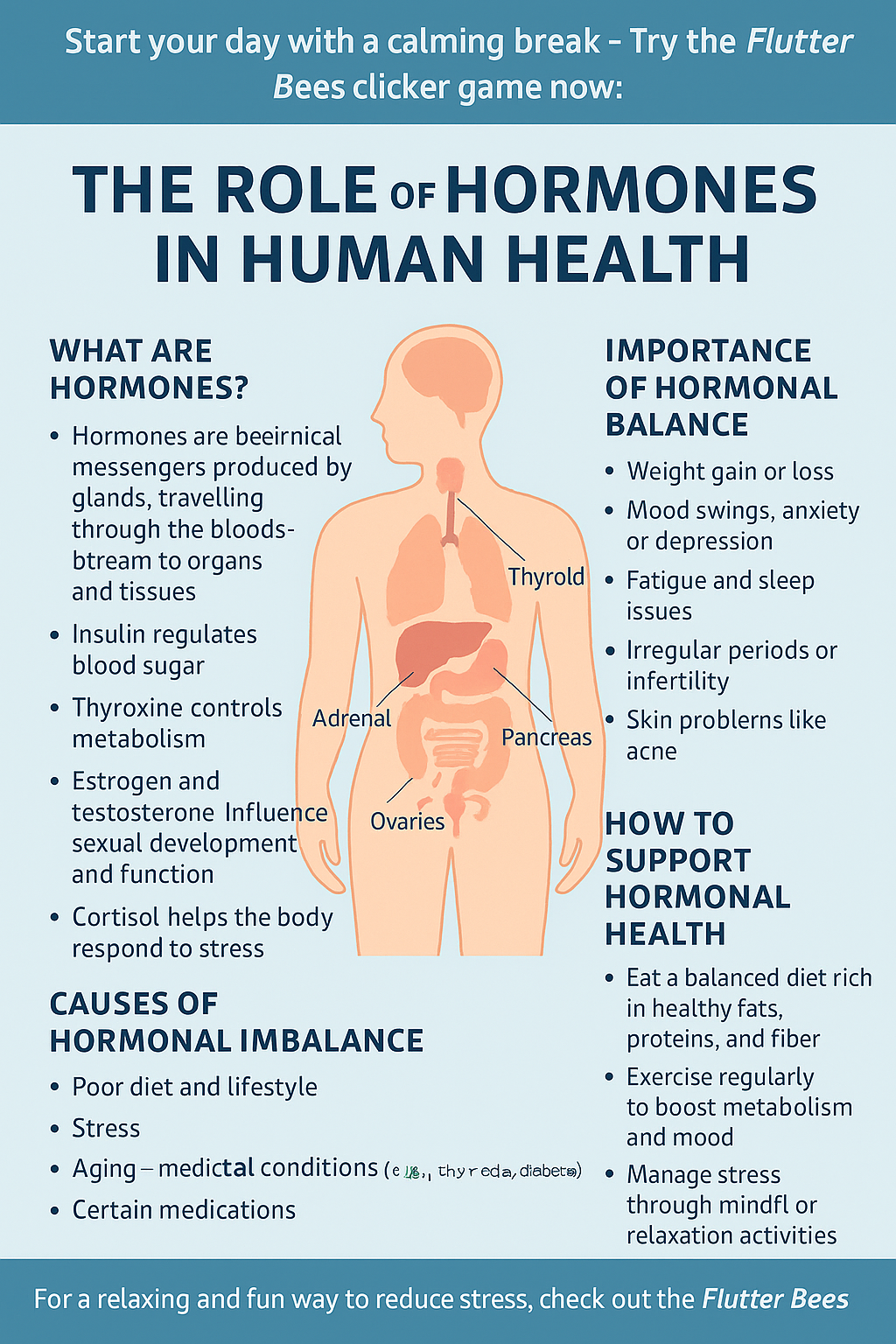
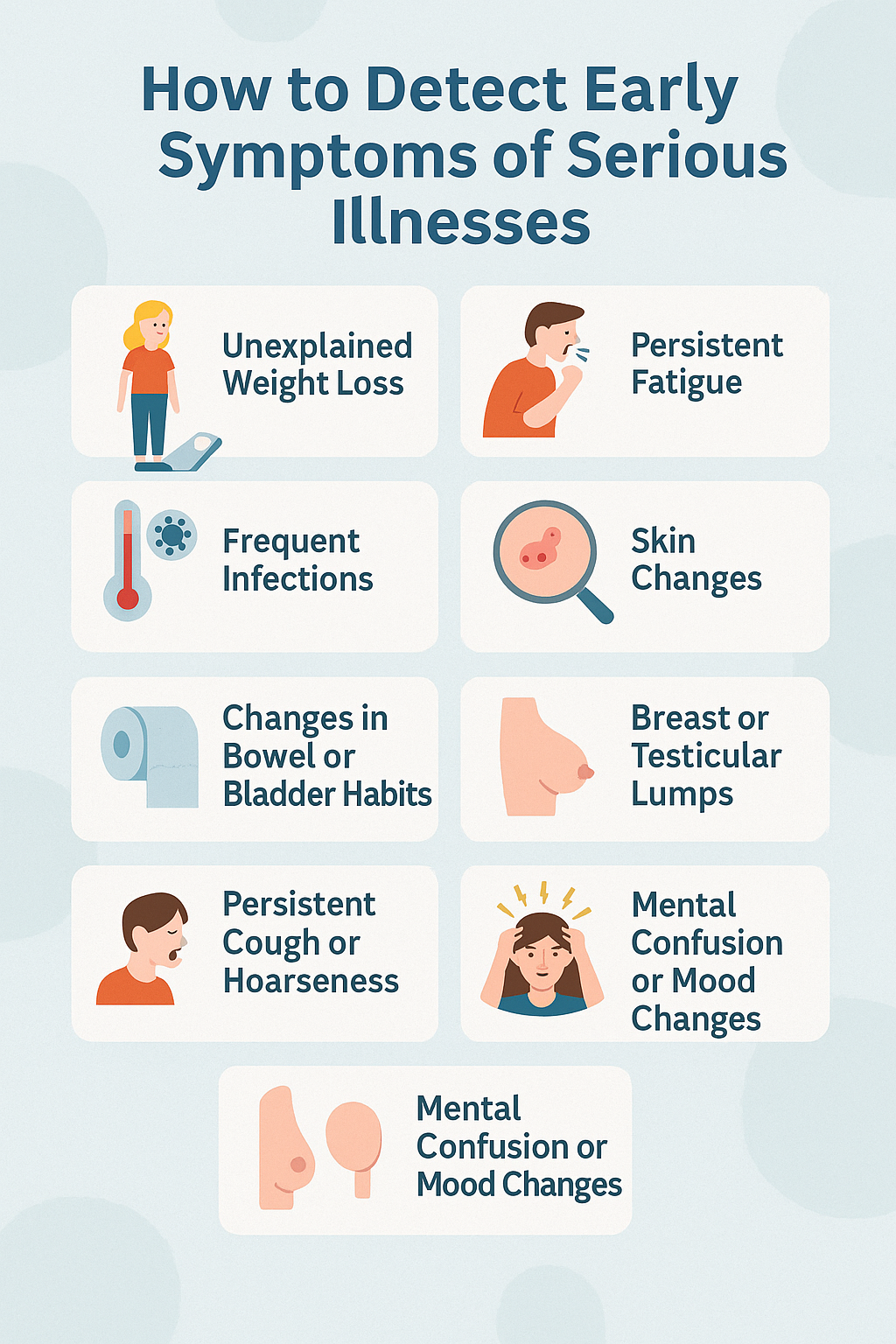
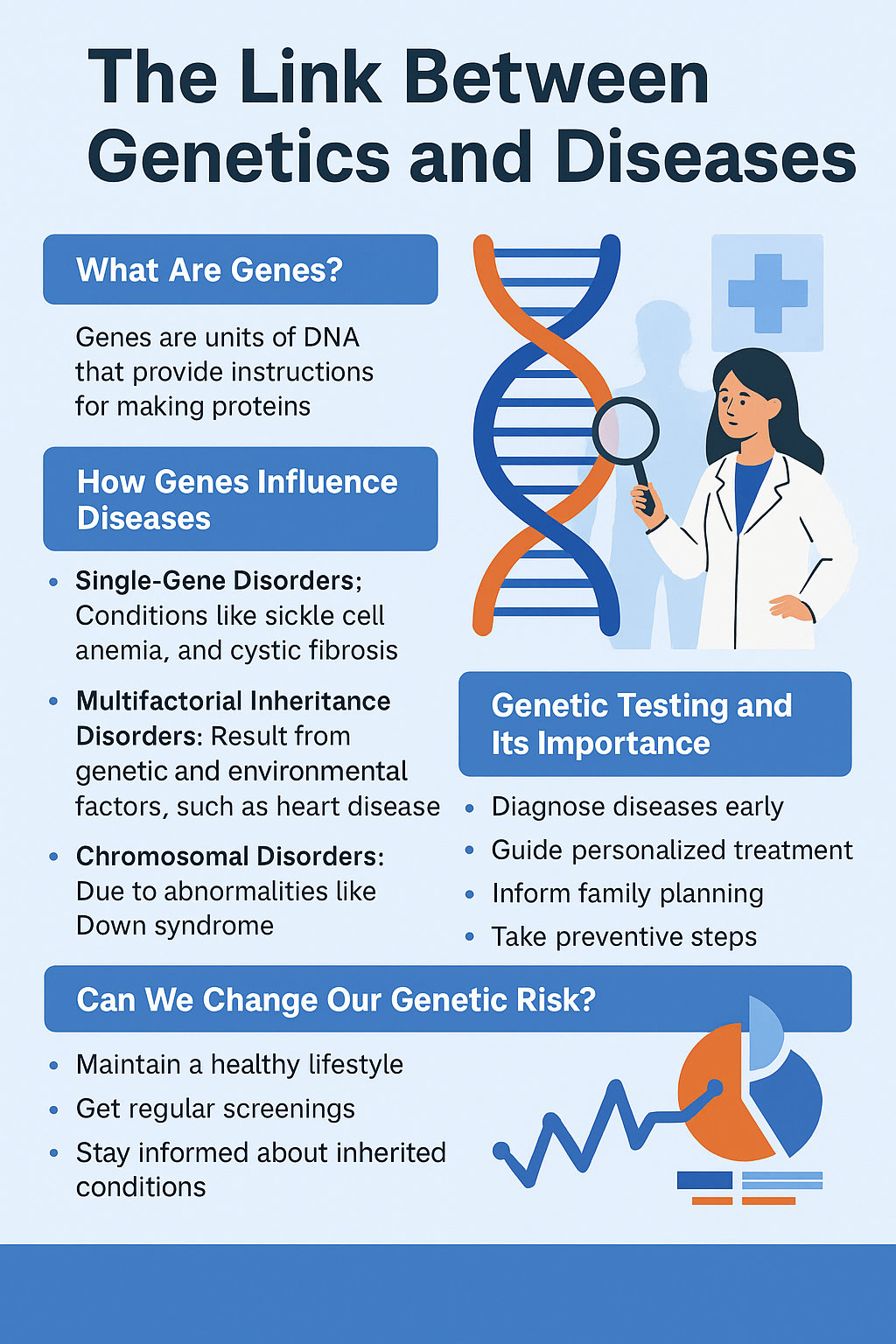
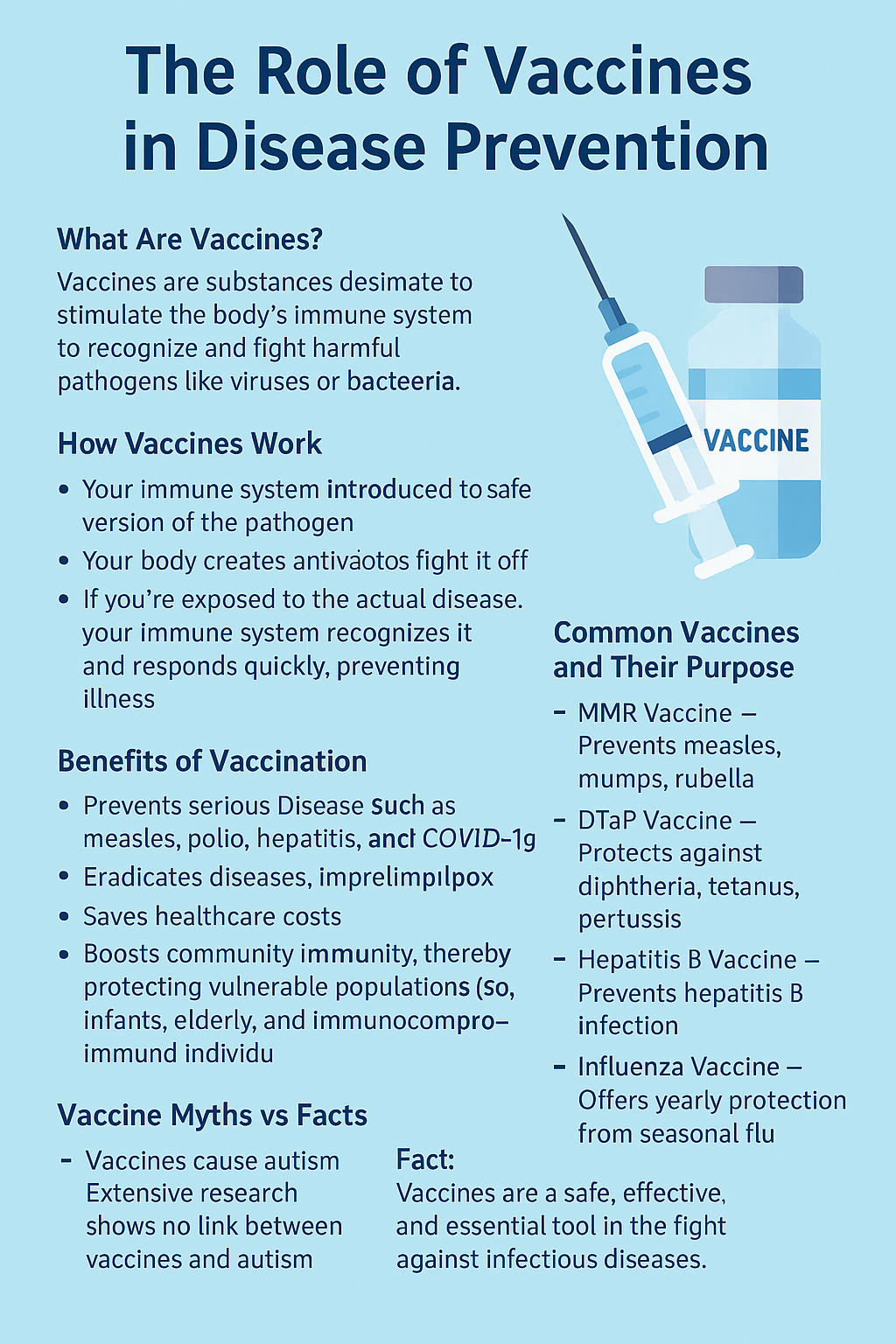
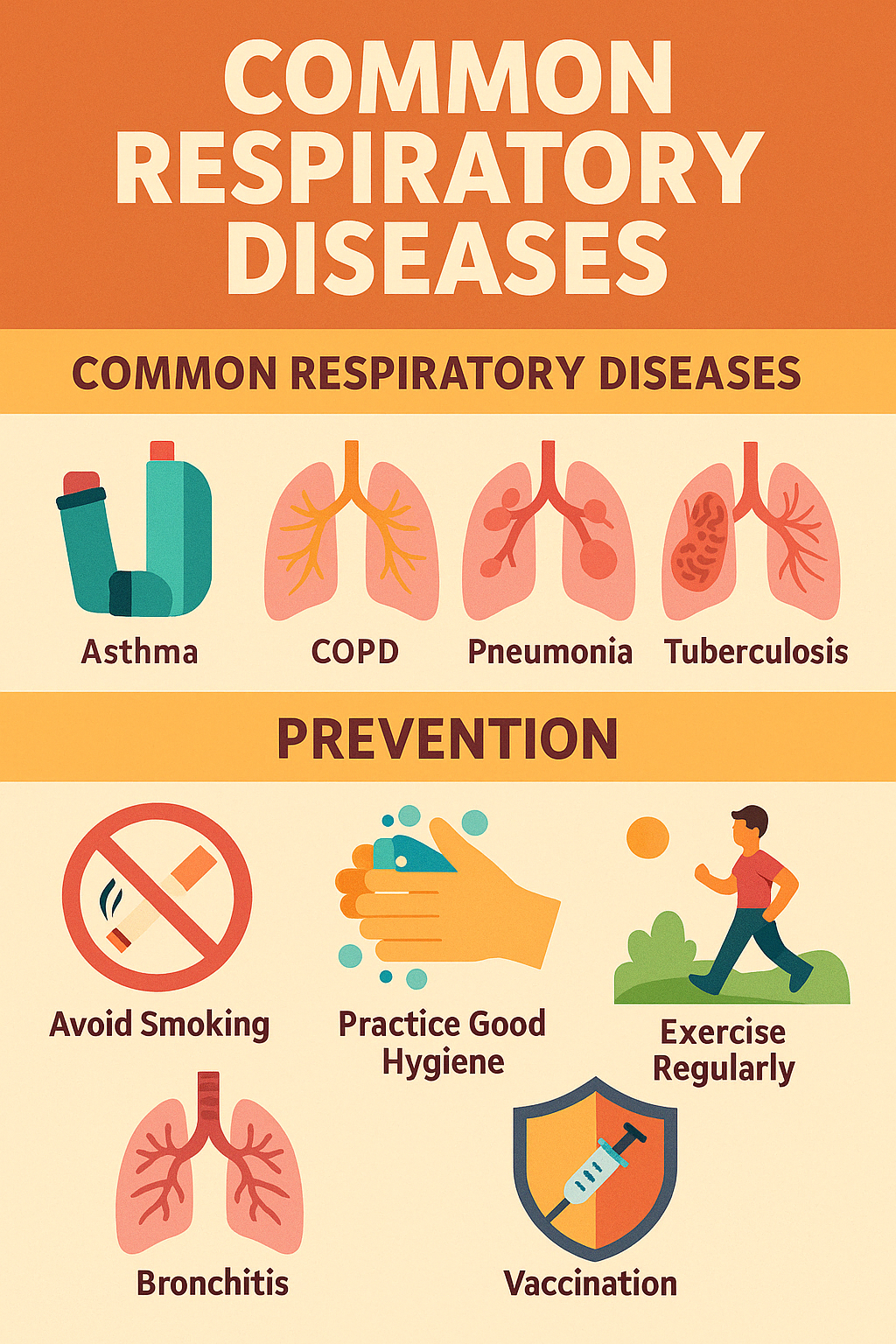
Leave a Reply